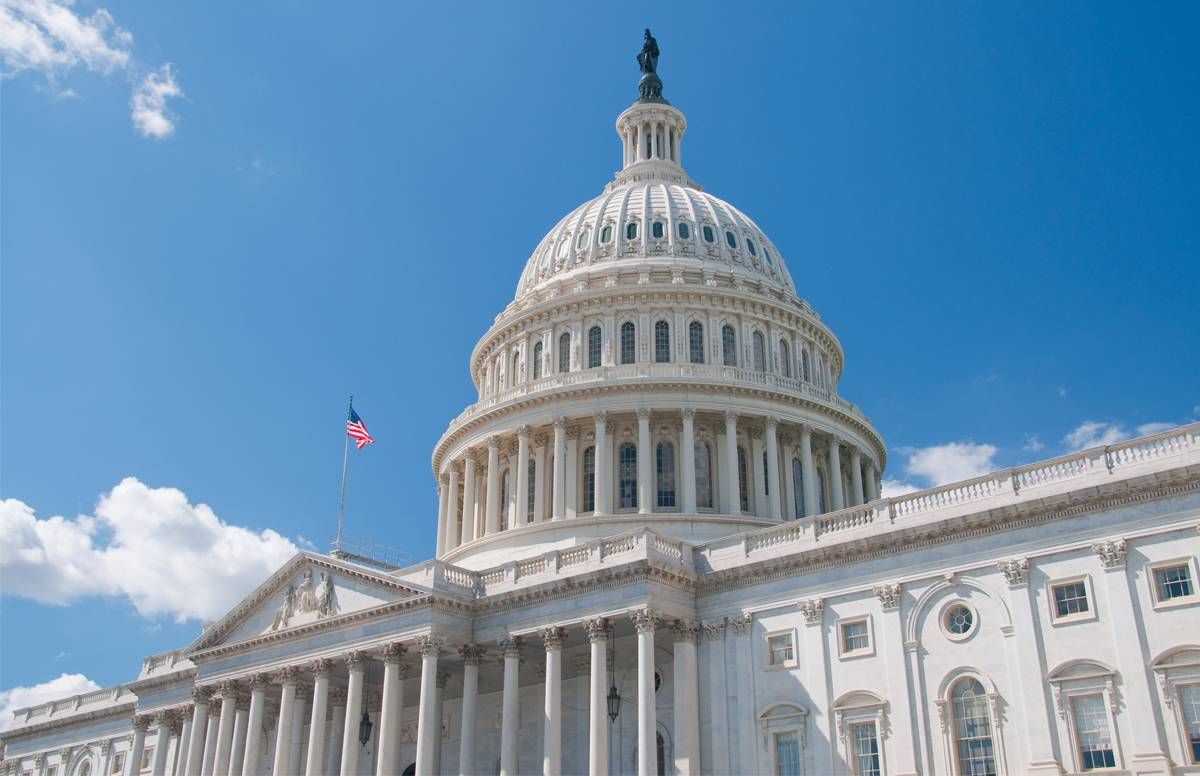3 Ways the COVID-19 Stimulus Law May Help Your Financial Problems
New rules on tapping retirement savings, plus an IRA extension
In normal times, it’s not wise to dip into your retirement savings for purposes other than retirement. But the coronavirus pandemic has made this anything but normal times, and you may be desperate for cash. So, you’ll want to know about retirement-plan provisions buried in the new $2 trillion stimulus law — The CARES Act — that could get you out of a jam.

Two of them make it easier and less costly to either withdraw or take out a loan against your retirement plan. One of them lets people 70½ or older skip taking what would have otherwise been required minimum distributions (RMDs) from their retirement plans. And one gives you more time to contribute to a 2019 Individual Retirement Account (IRA).
You may be entitled to a penalty-free retirement plan hardship withdrawal if you live or work in a COVID-19 federally-declared disaster area.
Here’s a guide to how a few provisions of the CARES (Coronavirus Aid, Relief, and Economic Security) Act might help your finances at a time when you can use a hand:
Retirement Plan Hardship Withdrawals and Loans
Normally, if you took money out of an employer-sponsored retirement plan or IRA before 59 ½, you’d be hit with taxes and a 10% tax penalty on that amount. But the CARES Act waives the early distribution penalty on up to $100,000 of such distributions in 2020 for what the law calls “affected individuals.” And you’ll be allowed to pay over three years the taxes that are due on the distribution.
Our Commitment to Covering the Coronavirus
We are committed to reliable reporting on the risks of the coronavirus and steps you can take to benefit you, your loved ones and others in your community. Read Next Avenue's Coronavirus Coverage.
To qualify for these rules, you must either have been diagnosed with COVID-19, have a spouse or dependent diagnosed with it or experienced adverse financial consequences as a result of being quarantined, furloughed, laid off, having work hours reduced, being unable to work due to a lack of child care due to COVID-19, closing or reducing hours of a business you owned or operated if you had COVID-19 or “other factors as determined by the Treasury Secretary.”
Additionally, you may be entitled to a penalty-free retirement plan hardship withdrawal if you live or work in a COVID-19 federally-declared disaster area. FEMA (the Federal Emergency Management Agency) has already declared many states to be disaster areas due to the COVID-19 pandemic.
The CARES Act also raises the amount you can borrow against your 401(k) retirement plan within six months of the law’s enactment to $100,000 or 100% of the account balance, whichever is less. Previously, the limit was $50,000 or 50% of the balance, whichever was less.
In addition, loan repayments due before Dec. 31, 2020 can be suspended for a year.
The Required Minimum Distributions Waiver
Before the CARES Act, if you were over a certain age and had a retirement-plan account, you were required to take out at least a specified amount each year known as your Required Minimum Distribution. The RMD age-trigger had been 70 ½; The SECURE Act of 2019 nudged it to 72.
But the CARES Act lifted the RMD requirement in 2020 for people 72 and older. And that waiver even applies to IRA owners who turned 70 ½ in 2019, since they would’ve normally been required to start taking RMDs by April 1, 2020, according to an article by retirement adviser Ed Slott on Financialplanning.com.
The new law also says that if you don’t take your RMD in 2020, you won’t be subject to the 50% tax penalty normally levied by the Internal Revenue Service.
Skipping the RMD will let you keep your retirement funds where they are, tax-sheltered, and avert selling investment shares at a bad time. What's more, avoiding this withdrawal could keep your tax bill lower, since the money you would’ve taken out could have pushed you into a higher tax bracket, notes Jamie Cox, managing partner at Harris Financial Group in Chesterfield, Va.
The RMD waiver could be especially useful for some retirees. In a new MagnifyMoney survey, 59% of investors said they’ve lost money from investments during the pandemic.
Just because the new law makes it easier to pull a lot of your money out of a retirement plan doesn’t mean you should, though, especially soon after a steep stock market fall.
As Sri Reddy, senior vice president in retirement and income solutions with Principal Financial Group wrote in a recent commentary: “Unless you’re in a dire circumstance, taking a withdrawal of any significant amount after the market has dropped 30% is not a good option, and should be avoided. Instead, think of this moment as the right time to look at your other daily expenditures to right-size expense levels and stay invested.”
More Time to Fund a 2019 IRA
The CARES Act also gave taxpayers more time to put money into an IRA for 2019, if you can afford to do so.
Usually, you have to make your IRA contributions by April 15 of the year following the tax return’s year. But when the U.S. Treasury pushed the 2020 tax filing date to July 15 due to the coronavirus, it also extended to that date your last chance to make 2019 IRA and Roth IRA contributions.


